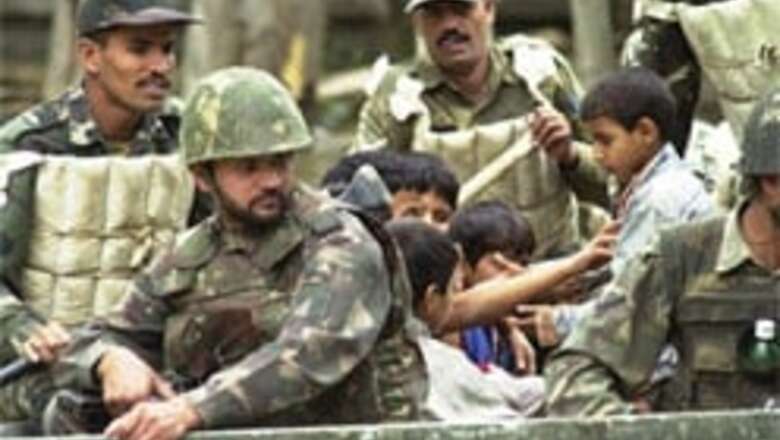
views
New Delhi: The stress of a prolonged anti-insurgency drive in the Northeast has left the Indian armed forces stressed out and it has also taken a toll on the psychological health of the India armed forces.
This has even led to a major downfall in the operational efficiency of security forces engaged in insurgency combat operations.
This was revealed in a study on the "Psycho-Social Aspects of Optimising Operational Efficiency of Security Forces to Combat Insurgency" in the north-eastern region, which was conducted by the Defence Institute of Psychological Research (DIPR) during September 2000 to May 2005.
The study cited three main operational stressors as the key factors responsible for most of the psychological problems in various groups of Armed Forces deployed in the region. These operational stressors include fear of torture, uncertain environment and domestic stresses.
While the study hasn't listed out the exact reasons of such stress problems, it however found that middle-rank officers were more vulnerable and stressed out as compared to the jawans and junior commissioned officers. Mental disorders in the form of post-traumatic stress disorders have also been observed in traumatised as well as non-traumatised troops, which forms the basis for various somatic symptoms, the study notes.
The DRDO has already submitted the findings and recommendations of the study to the Armed Forces for further action to deal with the problem.
Underlining the gravity of the situation, the study said that there was a strong need to inoculate and reorient officers by undertaking combat stress management training programmes. It also stressed the need for immediate therapeutic intervention during post-traumatic stress disorders jointly by unit leaders and professional psychologists.
In its other recommendation, the study also suggests that there was a strong need to carry out an appropriate need analysis with respect to demographic variables of the region. With regard to the motivational strategy to turn around the NE militants engaged in gurriella warfare, the study says about after the capture of a militant, he or she should be subjected to different programmes for changing attitudes and influence his/her minds towards national identification only after six to nine months after the detention.













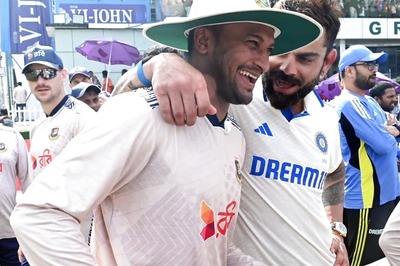

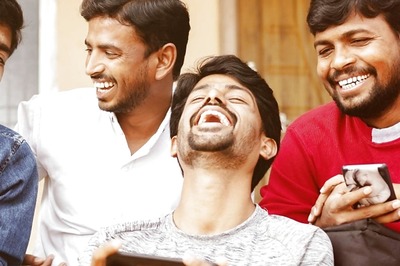
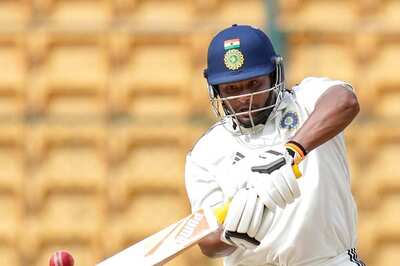

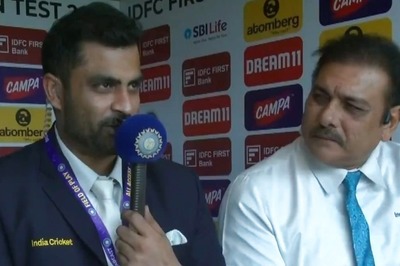

Comments
0 comment